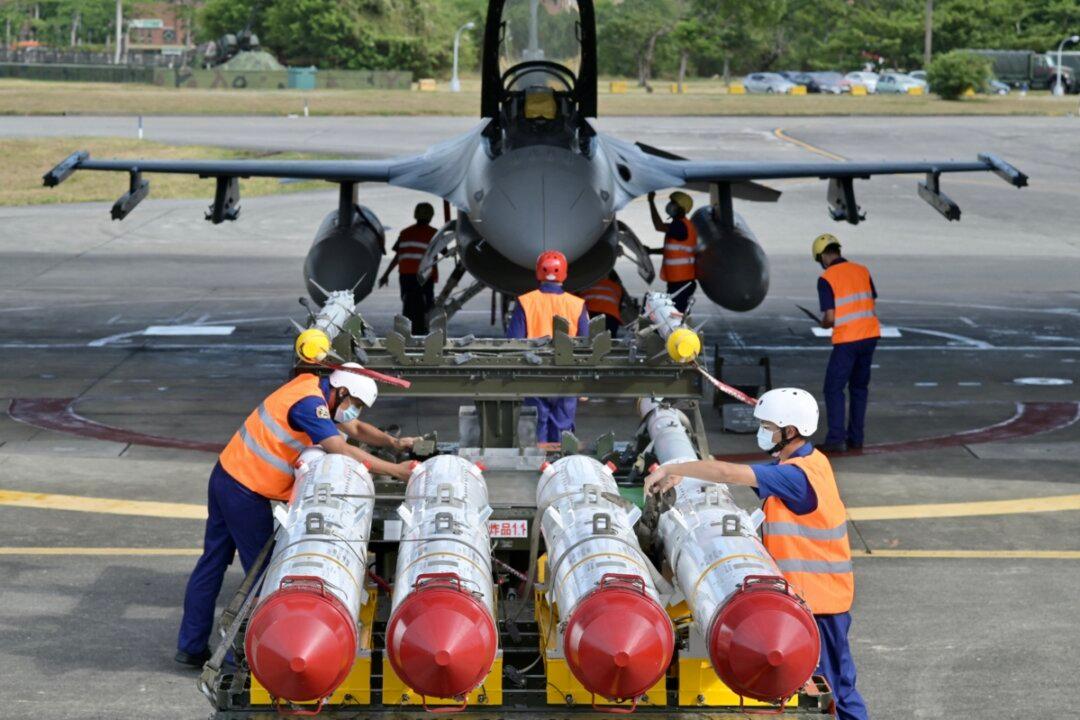President Joe Biden has confirmed that Australian personnel were involved in strikes on Houthi rebels in Yemen.
“U.S. military forces—together with the United Kingdom and with support from Australia, Bahrain, Canada, and the Netherlands—successfully conducted strikes against a number of targets in Yemen used by Houthi rebels to endanger freedom of navigation in one of the world’s most vital waterways,” Mr. Biden said.





